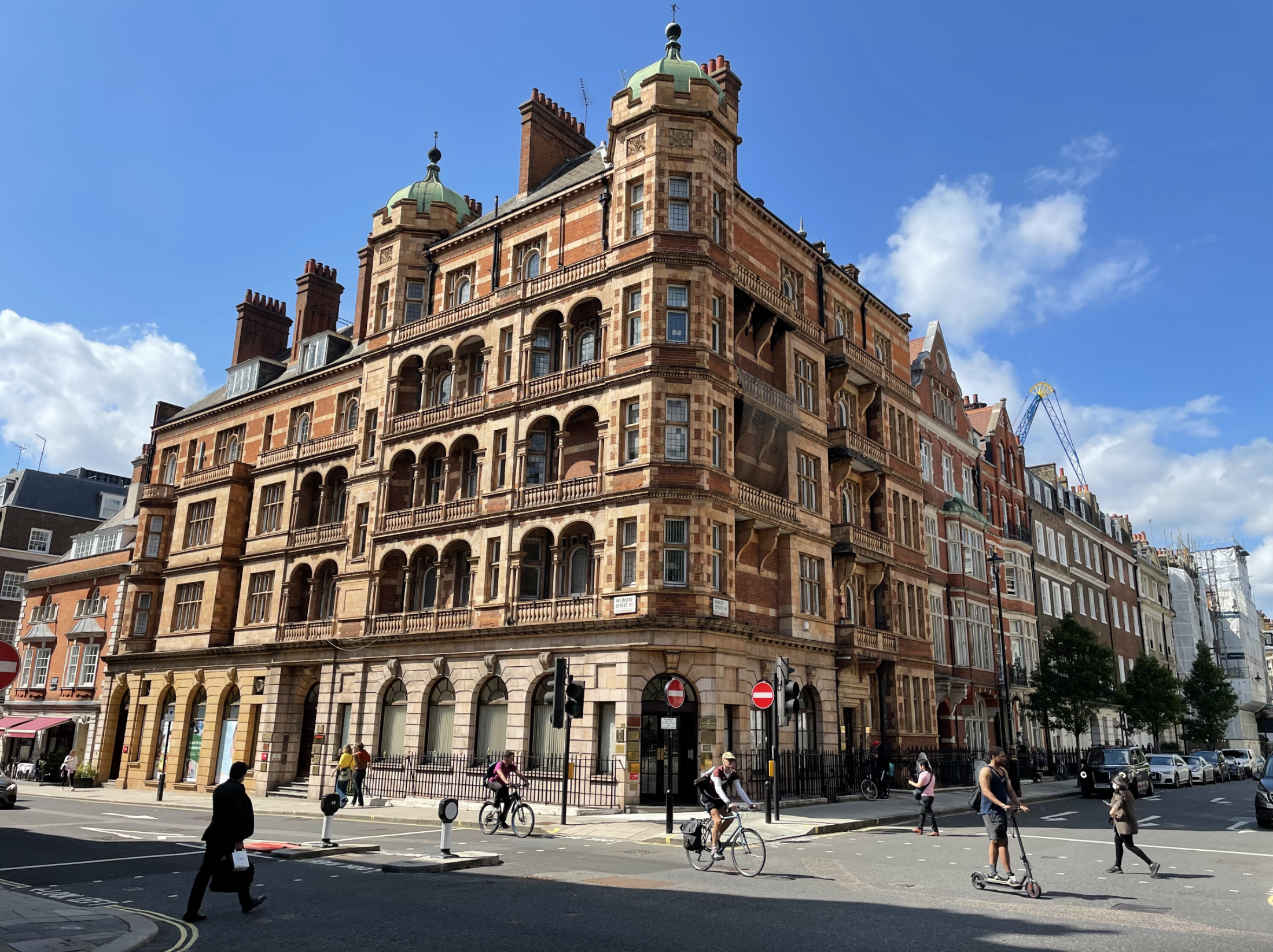
Breast Reduction
Breast reduction, also known as reduction mammaplasty, provides to reduces the size of large breasts. A large breasts size can cause discomfort and having a breast reduction can be a good choice for you.
What is Breast Reduction Surgery (Mammaplasty)
Breast reduction reduces the size and weight of large, heavy breasts. It helps to create a more aesthetically pleasing breast contour that is better proportioned to a patient’s body. Breast reduction procedure makes the breasts smaller, lighter, and firm by removing excess breast tissue, fat, and sagging, stretched skin. In addition, the procedure improve breast symmetry and eliminate sagging.
Who Should Get Breast Reduction?
Deciding for a surgery is always a hard decision. On the other hand, plastic surgery provides many benefits to the patient. Especially, breast reduction is the most satisfied surgery. While all surgeries carry a degree of risk, when you prefer an experienced plastic surgeon, you can also be sure that your procedure will be as safe as it is successful. But is this procedure right for you? There are many conditions that could make you a breast reduction surgery candidate.
What to Consider Before a Breast Reduction?
Stop using alcohol and tobacco products, if you use any tobacco you should stop, or limit your consumption of alcohol at least three weeks before your surgery. Stop using alcohol completely one week before your surgery. Both alcohol and tobacco consumption can have a negative effect on the recovery process by increasing bruising, swelling, and discomfort.
Eating Healthy
Eating healthy is a great way to give your body the support before the surgery. A healthy diet helps the recovery process after the surgery. So drink lots of water, eat healthy, balanced meals.
Practice sleeping on your back
After the breast reduction surgery, sleeping on your back will be the best position for resting. If you struggle to fall asleep on your back, it might be good an idea to practice sleeping on your back before the surgery.
Stop taking blood-thinning medications
At least three weeks before the date of your surgery you should stop taking medications that contain aspirin or ibuprofen. You need to avoid certain vitamins and herbs because they can also cause blood thinning. Take only medicines that have been approved or prescribed by the surgeon
How Breast Reduction is Done?
Breast reduction surgery is performed under general anesthesia which means you will be put to ” sleep” during the procedure. Patients can stay in the hospital for one night if needed. Your surgeon could use one of a few surgery methods, depending on the shape and size of your breasts, how much tissue they need to remove, and how you want to look after surgery. Surgical scars are made invisible and hidden. Thus, there is no visible scar after the healing process. You may also need to wear a surgical bra.
What to Expect After Breast Reduction?
The healing process after breast reduction surgery varies with each person. You should expect to feel tired for the first two to three weeks due to anesthesia and the healing process.
Drugs
During the healing process, painkillers, antibiotics and medicines prescribed for swelling should be used fully and on time. In this process, supplements should not be taken.
Try to Relax
The first few days following surgery are the most difficult part of the recovery process. Shooting pain and burning sensations are normal and will subside as you heal.
Recovery Period of Breast Reduction
Post-op, it is not unusual to have significant swelling and bruises. After swelling in the breasts completely disappears, the results of the breast reduction will be evident. Even after swelling has disappeared, the breasts continue to reshape for a while.
Bruising
Bruising of the body usually takes approximately 48 hours after breast reduction surgery. In two weeks most bruises will heal.
Swelling
Swelling can occur for 4 to 6 weeks after a breast reduction. And also, in some cases, swelling may take up to 12 months to settle. If swelling lasting longer than this, there may be a complication and you should ask this situation to your surgeon.
Ice packs
At home, an ice cold pack may help to reduce swelling, bruising, and pain. Cold packs can be applied to the breasts in the first 48 hours after the surgery to help minimise the swelling and bruising.




